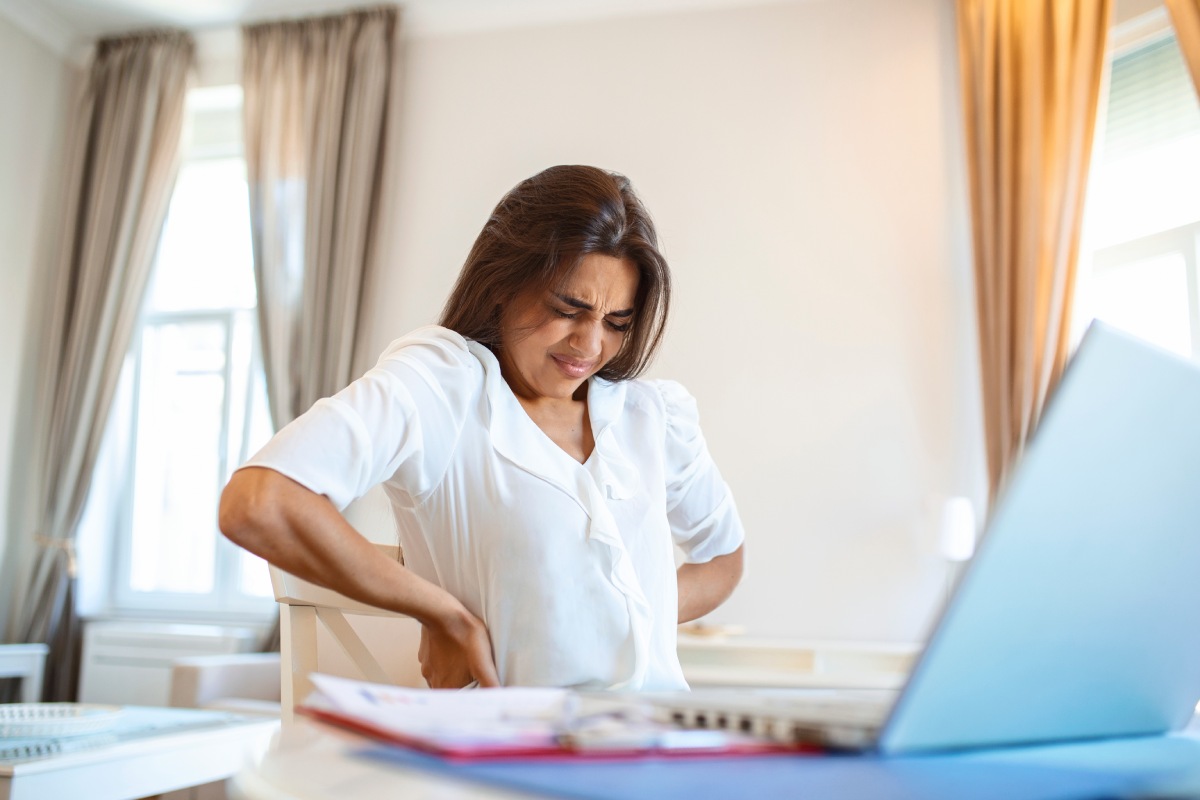
Still Struggling with Post-Pregnancy Back Pain? All You Need to Know
Bringing a new life into this world is undoubtedly one of the most miraculous experiences a woman can go through. However, along with the joys of motherhood, many women also face the challenge of post-pregnancy back pain. This discomfort can be delayed for months or even years after childbirth, affecting daily activities and diminishing the joy of motherhood.
Why your back hurts after pregnancy and easy ways to handle the pain:
Post-pregnancy back pain is a common complaint among new mothers, and its causes can vary. During pregnancy, a woman’s body undergoes significant changes to the needs of the growing baby, which can strain the back muscles and ligaments. Additionally, hormonal changes loosen the ligaments and joints, leading to instability and potential misalignment of the spine. The weight gain associated with pregnancy further worsens the strain on the back, particularly in the lower region.
After childbirth, the strain on the back persists, as women often find themselves bending, lifting, and carrying their newborns. Poor posture during breastfeeding and lack of proper support while lifting the baby can also contribute to back pain. Furthermore, the physical demands of caring for a newborn, coupled with sleep deprivation, can intensify the discomfort.
Effective Solutions to Ease You from After Pregnancy Back Pain:
Fortunately, there are several strategies that new mothers can adopt to manage and ease post-pregnancy back pain:
1. Exercise: Engaging in gentle exercises can help strengthen the back muscles and improve flexibility. Activities such as walking, swimming, and yoga are particularly beneficial for postpartum women. However, it’s essential to consult with a healthcare provider before starting any exercise regimen to ensure it’s safe and appropriate for your circumstances.
2. Posture Awareness: Maintaining good posture is crucial for alleviating back pain. Be mindful of your posture while breastfeeding, lifting your baby, and performing daily tasks. Use supportive pillows and cushions to maintain proper spinal alignment and avoid slouching.
3. Ergonomic Support: Invest in ergonomic baby gear, such as a supportive breastfeeding pillow and a baby carrier with padded straps. These products can help distribute the weight of the baby more evenly, reducing strain on your back and shoulders.
4. Physical Therapy: If you’re experiencing persistent back pain, consider seeking the guidance of a physical therapist. A customized exercise program tailored to your specific needs can target problem areas and improve overall strength and mobility.
5. Self Care Practices: Incorporate self care practices into your daily routine to alleviate stress and tension in the body. Activities such as meditation, massage, and hot/cold therapy can provide relief from back pain and promote relaxation.
6. Proper Lifting Techniques: When lifting your baby or any other objects, remember to bend your knees and keep your back straight. Avoid twisting your spine while lifting, as this can strain the muscles and lead to injury.
7. Adequate Rest: Prioritize rest to allow your body to recover from the physical demands of childbirth. Take frequent breaks throughout the day, and enlist the help of family members or friends to assist with childcare duties.
Closing Thoughts: Understanding and Accepting Post-Pregnancy Back Pain
Postpartum back pain is frequent but controllable for many new mothers. With an understanding of its origins and effective remedies, discomfort can be relieved, allowing mothers to savour every moment of early motherhood. Prioritize self-care, consult your gynecologist as necessary, and give yourself grace as you adapt to this life-changing phase. With patience and proper attention, you can overcome post-pregnancy back pain and relish motherhood with energy and resilience.